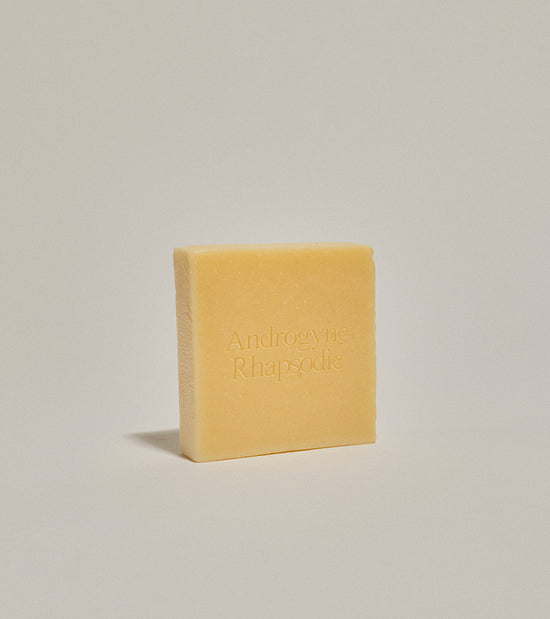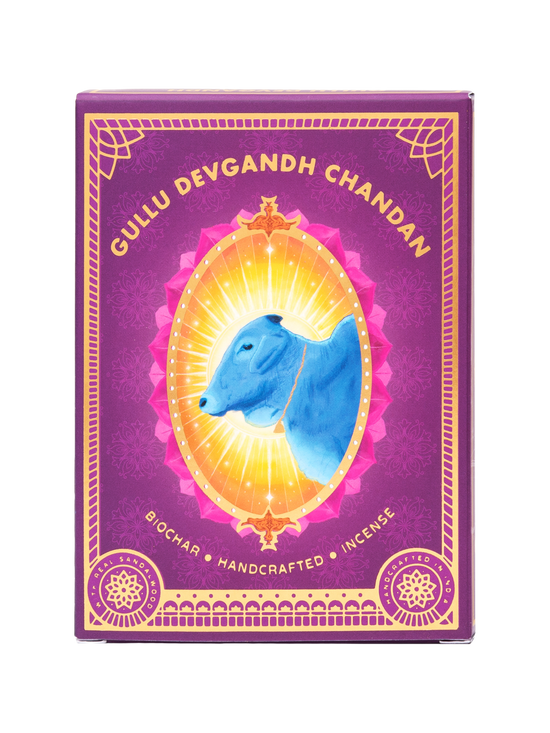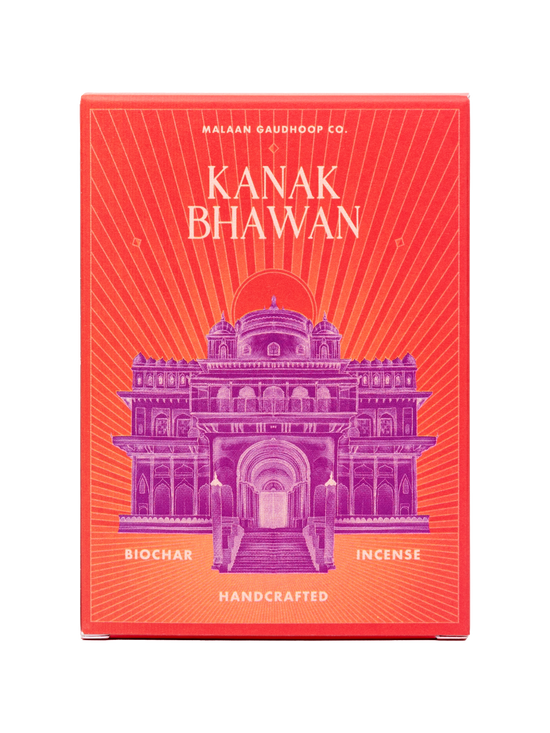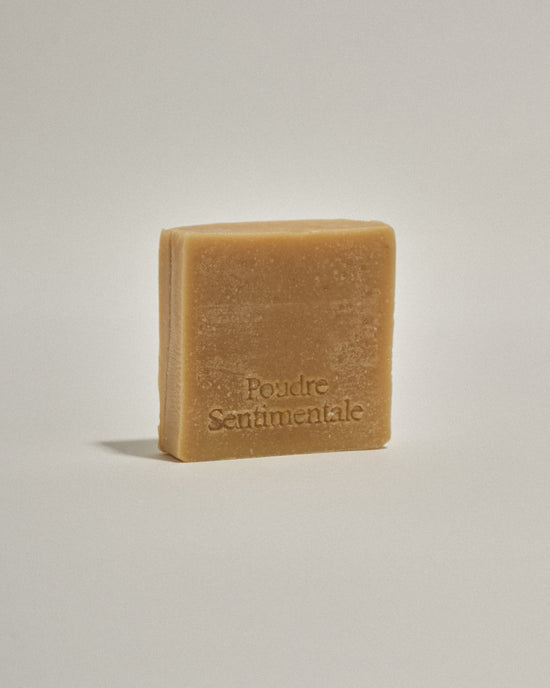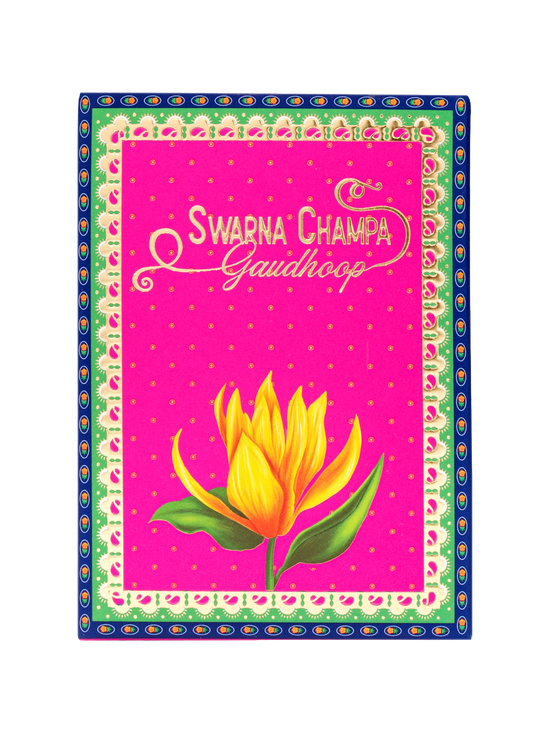L'Atelier Français des Matières Founder Rémi Pulverail, who's also President of Les Indémodables on the realities of modern perfumery and why going independent is the way forward.

"Join the revolution by gaining a better understanding of how the current perfume industry works: the perfumer is at the center of this system, and it is gratifying to see that an increasing number of them are choosing another path, for a committed and decidedly creative approach!
But how does the perfume creation process works today, and what is the difference between a employed perfumer and an independent perfumer ?…because it all begins here.
1_In classical fragrance houses (namely leaders like Givaudan,IFF, Firmenich-DSM, Symrise, Takasago, Mane, Robertet..representing more than 70% of the global market) whose business is to create fragrances on behalf of perfume brands, perfumers are employees, often highly paid, and constantly in internal and external competition. In addition to their salary, they receive bonuses linked to the turnover generated by the formulas they create. Therefore, they have every interest in winning as many projects as possible with the most consensus-driven fragrance formulas.
Major perfume brands send briefs to several fragrance houses that are in competition: only houses on the 'core list' are approached; the 'core list' includes 3 or 4 accredited fragrance houses that are the only ones authorized to compete; it is noteworthy that the work of these fragrance houses is not remunerated during the development phase.
From there, the evaluator (in charge of driving the perfumer’s work) manages the submissions to meet the client's specifications: deadlines are imposed and short, the budget is very tight even for a ‘fine’ fragrance project, often around or below 100 euros per kilo of fragrance... which de facto excludes the use of high-quality ingredients, as the perfumer has a budget of 20 to 40 euros for formulation (including the fragrance house's margin).
In each of the fragrance houses approached, the evaluator assigns several internal perfumers who mostly start from existing and 'performing' formula patterns (in consumer tests) that they twist to fit the brief... given the tight deadlines, the race against the clock is on.
The client will retain 1 or 2 proposals per fragrance house that will be reworked before going into consumer tests in several countries; the results of these tests will determine the final winner, and consequently, the house that will be responsible for manufacturing and delivering the fragrance. This scheme has been immutable for several decades (since so-called 'fine' perfumery became industrial and global), and there is little room for fantasy... that's the least we can say! It is in addition interesting to notice that this operating scheme applies equally to detergents and perfumes you find at Sephora and similar retailers.

This scheme, which is now the norm for developing new perfumes for major brands, reveals several pitfalls: no risk-taking regarding olfactory directions, everything relies on benchmarking and the results of consumer tests. Development deadlines are strictly regulated, and perfumers don't have time to work on new olfactory patterns, outside the beaten paths... and even if they did, these non-conforming submissions wouldn't pass the 'cut' of consumer tests. The perfumer thus finds themselves caught in a cycle that pushes them towards profitability, but certainly not towards creativity... if they want to keep their job!
2_How does the independent perfumer work?
The independent perfumer is remunerated for their creation, depending on the projects entrusted to them; as an independent—and like many professionals in the same situation—their income is therefore variable and not guaranteed.
Major perfume brands never hire independent perfumers: most projects managed involve small niche brands or even luxury sector companies whose main activity is not perfumery, but who wish to enter this new market to expand their territory.
The independent perfumer works without pressure, given that once the client has chosen them, they are no longer in competition during the fragrance development phase.
There are no consumer tests, and the creative work is often done directly between the brand owner and the perfumer: there is no marketing team that comes between them. It is up to the brand owner to choose a conservative creative pattern to align with market trends, or sometimes start from a blank canvas... which is our case systematically since we never work based on existing collections.
What are the consequences of all this?
For our part, we date the beginning of the era of industrial and global perfumery to 1994, the launch year of Calvin Klein's CK ONE: the first officially unisex, low-priced perfume with a highly consensual fragrance (musky cologne) that was a true global success! It is interesting to note that Thierry Mugler's ANGEL—the last ultra-creative perfume, and which, by the way, performed very poorly in consumer tests!—was released around the same time in 1992... the first will long serve as a marketing model, while the second can be considered the first and last 'anomaly' of the industrial perfumery era.

We see that the independent perfumer operates in a context similar to that of any artist (painter, sculptor, designer, ...) and that their life and creative path are constantly subject to tension originating from uncertainty with a capital 'U,' unlike the salaried perfumer who will also be subject to tension but which will inexorably move them away from any creative path since their fate will depend purely on economic and hierarchical considerations.
At L'Atelier Français des Matières, we have—from our creation back in 2015—chosen to break the codes and play the role of a support laboratory for independent perfumers to provide them with the essential ecosystem for the successful realization of their activity: we have no salaried perfumers and will never have any. We are pioneers of a model that claims that another path exists for creating perfumes, in an assumed creative approach, accepting risk, and nourishing oneself, far from trends and fashions. The dictate of the mass perfumery model has been in place without any evolution for 40 years, and we are certain that it is at the end of its course, and that new alternative patterns must emerge, exist, to give a second wind to an activity that has become an automated machine, devoid of soul or humanity.
In fact, we made the decision back in 2016 to create our own Haute Parfumerie collection, which concretely illustrates our uncompromising approach to a New Craft Perfumery. Independent and based on the excellence of ingredients and small-batch production, in collaboration with a recognized, independent perfumer who shares our values. The collection LES INDEMODABLES was born, followed by an intense and delightful collaboration with master perfumer Antoine Lie , also a pioneer in this ongoing revolution."
*Article originally appeared on LinkedIn: https://shorturl.at/FHPQV
From Sainte Cellier:
There are so many important points covered here. One of the most important in my opinion is what is going on in the 'mass-tige' (mass market / prestige) end of the market where fragrances are being sold at luxury price points yet still being made within budgets as low as 100€ per kilo. Many customers don't realise that the perfumes they're buying in department stores like Harrods and Selfridges are no better than the perfumes you can buy at Superdrug. They think that seeing those perfume in those spaces must mean they're of superior quality, but those fragrances are really only there because of pre-existing relationships with distributors.
Because these perfumes cost so little to produce, the same brands can also flood social media with free bottles of perfume for 'influencers' and PR agencies. The extremely high margins means they really only need to sell a few to recoup the costs of giving so many away.
There are so many shady dynamics going on in modern perfumery that really need brought into the light of day. Customers deserve better.
